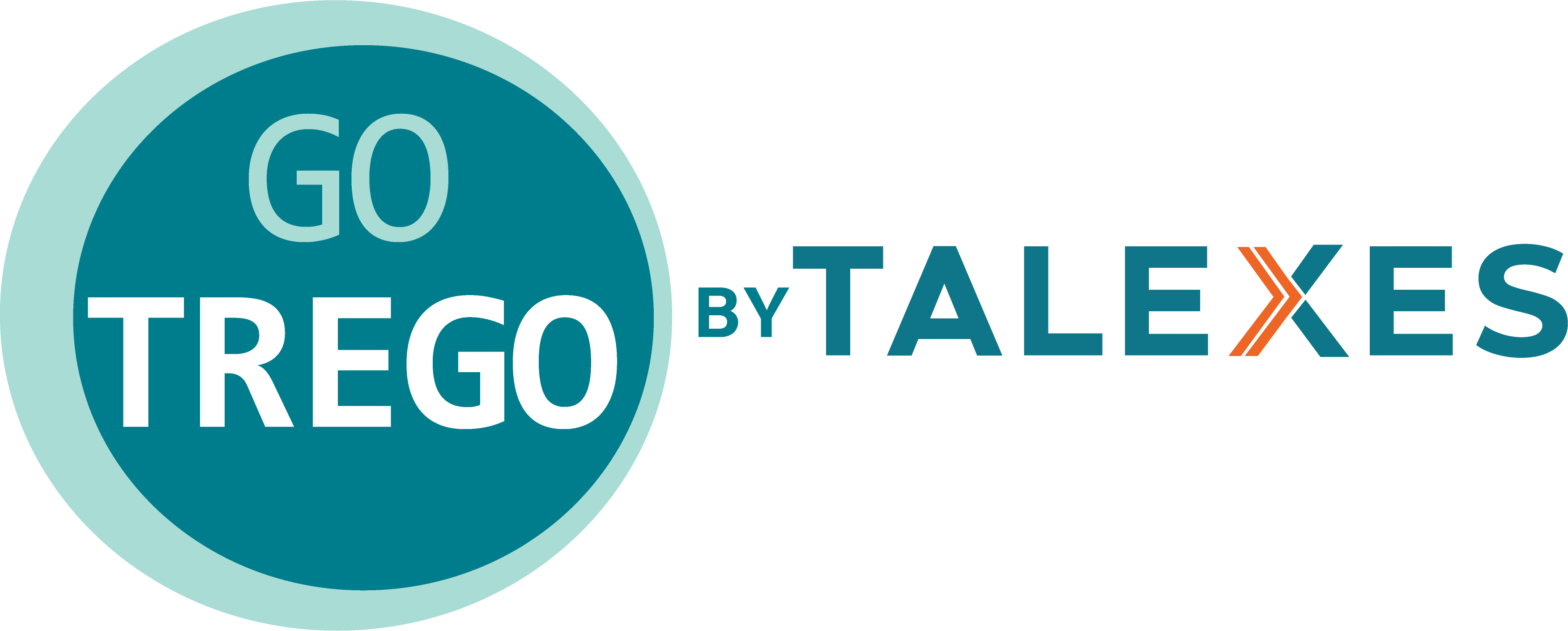The auto industry operates in a fast-paced, high-stakes environment where precision, efficiency, and innovation are critical to success. From assembly lines to sales floors, the performance of each employee directly impacts productivity, customer satisfaction, and overall profitability. To ensure businesses stay competitive, leveraging employee assessments has become an essential strategy for hiring, training, and employee development. While some companies hesitate to invest in assessments due to perceived costs, the long-term return on investment (ROI) makes them a powerful tool for improving hiring accuracy, reducing turnover, and fostering a high-performing workforce.
Here are nine key ways employee assessments drive value and enhance operational success in the auto industry.
- Precision in Hiring Decisions
A well-matched hire can make a significant difference in performance and productivity. In the auto industry, technical expertise and problem-solving skills are non-negotiable in roles ranging from engineering to service technicians. Employee assessments provide objective insights into a candidate’s competencies, personality traits, and cognitive abilities, ensuring that hiring decisions are based on data rather than intuition. This reduces the risk of costly hiring mistakes and helps businesses select candidates who will thrive in their roles.
- Lower Turnover Rates and Stronger Retention
Frequent employee turnover disrupts operations and results in costly recruitment and training cycles. High turnover in manufacturing roles or dealership positions can lead to lost sales and production inefficiencies. By using assessments to evaluate job fit and cultural alignment, businesses can identify candidates who are more likely to stay long-term, reducing turnover-related expenses and improving workforce stability.
- Optimized Team Performance
The effectiveness of an automotive business depends on seamless collaboration between teams, whether on the production floor, in sales departments, or in leadership roles. Employee assessments help identify work styles, communication preferences, and strengths, allowing managers to assemble well-balanced teams. This improves teamwork, enhances efficiency, and fosters a culture of collaboration.
- Boosted Productivity and Operational Efficiency
Hiring the right employees means faster onboarding, shorter learning curves, and immediate contributions to the business. In the auto industry, where efficiency directly affects revenue and customer satisfaction, having skilled employees who require minimal supervision is a major advantage. Assessments identify individuals with the right technical skills and cognitive abilities, ensuring that new hires can quickly adapt to their roles and deliver results.
- Reduced Training Costs
Training underqualified employees requires additional resources and time, delaying productivity and increasing costs. Assessments enable businesses to hire candidates who already possess the necessary skills for their roles, reducing the need for extensive training programs. Additionally, for existing employees, assessments help identify specific development areas, allowing businesses to tailor training efforts to maximize impact and minimize costs.
- Enhanced Employee Engagement and Satisfaction
Employees who feel well-suited to their roles are more engaged, motivated, and committed to their work. In the auto industry, where employee engagement directly affects efficiency, safety, and customer interactions, placing workers in roles that align with their strengths is crucial. Assessments help match employees to positions where they can excel, leading to higher job satisfaction and lower absenteeism.
- Strengthened Leadership Development for Industry Growth
Identifying and nurturing future leaders is key to long-term success in the auto industry. Whether grooming plant managers, service department heads, or dealership executives, leadership assessments help pinpoint employees with the potential to take on higher responsibilities. By investing in leadership development programs tailored to assessment results, businesses can build a strong pipeline of capable leaders who drive growth and innovation.
- Improved Compliance and Risk Mitigation
Hiring decisions based on intuition rather than structured evaluation can lead to discrimination claims, legal issues, and compliance violations. The auto industry must adhere to strict labor and safety regulations, making fair and standardized hiring practices essential. Employee assessments create objective evaluation criteria, reducing bias and ensuring compliance with employment laws, ultimately protecting the company from costly legal disputes.
- Sustainable Growth and Competitive Advantage
In a highly competitive industry, companies that invest in hiring and developing top talent gain a clear edge. Employee assessments provide a strategic advantage by ensuring that businesses are staffed with skilled, adaptable professionals who can drive efficiency and innovation. The result is a workforce that not only meets today’s demands but also positions the company for future success in an evolving market.
Conclusion
Investing in employee assessments is not just a cost—it’s a strategic decision that yields long-term benefits for businesses in the auto industry. From improving hiring decisions to strengthening employee development and reducing operational inefficiencies, assessments offer measurable advantages that drive productivity, profitability, and workforce engagement. Companies that embrace data-driven hiring and development strategies position themselves for sustained success, ensuring they remain industry leaders in an ever-changing landscape. By prioritizing the right people in the right roles, automotive businesses can accelerate their growth and maintain a competitive edge in the market.





